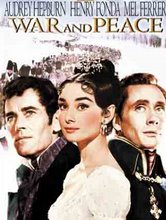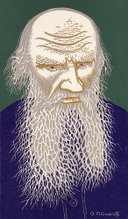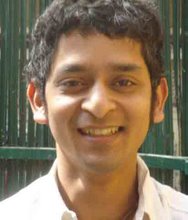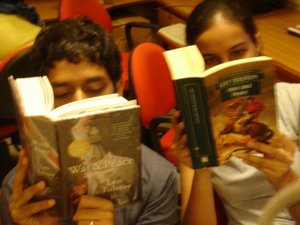[This post was published by Manika]
Though my reading of W&P is proceeding slower than I would like it to, I am always delighted when I do pick it up. The war scenes heighten the magic Tolstoy can create with sarcasm and wit.
I find it quite interesting that Tolstoy refers to the Russian army as “our troops”, though he could have easily distanced himself from them. This identification with the troops somehow implicates him too during their follies and can be celebrated with fervor during their victories.
The soldiers, though heroes in their own right, are never far from appearing ridiculous in many ways. But in my opinion, Tolstoy manages to heighten the sense of tragedy by making them succumb to ideas like fear and not always portraying them as courageous men. The idea that the line separating “uncertainty and fear” is similar to that separating “life and death” stands out and hits home…one need not be a soldier to face uncertainty and fear is perhaps a common emotion.
The war scenes aren’t being played out only on the battlefield. They are present in the minds of men, who struggle with their emotions as much as with the enemy. When Rostov is shot but cannot come to terms with it, the reader almost pities him for his confusion and lack of understanding of his situation. When Andre Bolkonski (who is called 'Andrew' in the Maude translation I’m reading, something Mayank never ceases to remind me!) tries hard to find his moment of heroism, his desperation is more pronounced than any real sense of greatness. Through these characters one is drawn into the world where heroes make mistakes and soldiers can experience fear and confusion.
Human emotions are perhaps the central character in the novel. The brilliance of Tolstoy’s craft lies in giving life to all the more than 500 characters in the book. The idea that surrounds me when I read the book actually comes from a different quarter…the Constitution of UNESCO, which highlights that “since wars begin in the minds of men, it is in the minds of men that the defences of peace must be constructed”. Amen to that and Hail Tolstoy for bringing that alive for me almost 150 years after he wrote his masterpiece.
Wednesday, December 20, 2006
Subscribe to:
Posts (Atom)




